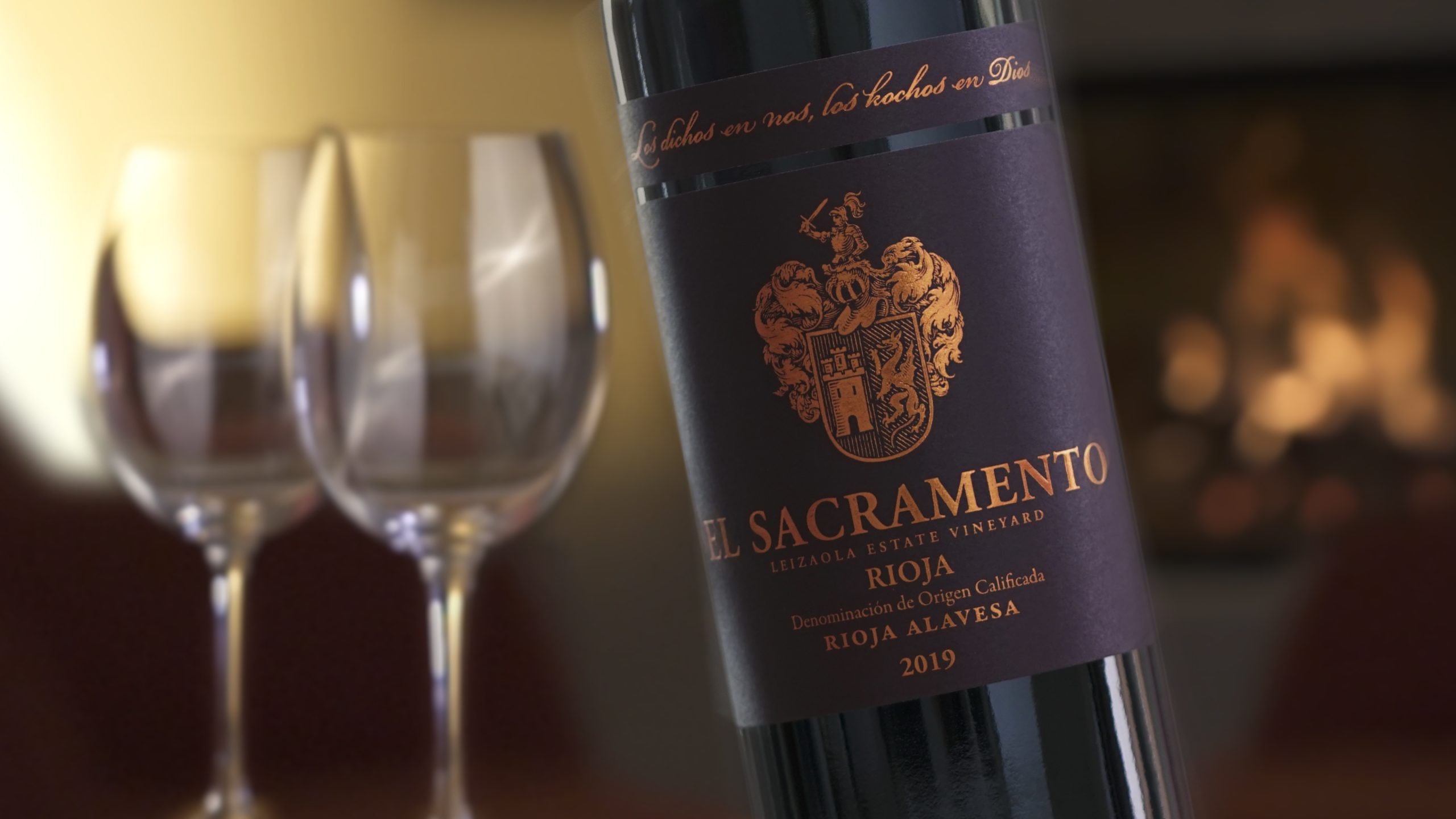Germany approves biofungicide for use in organic vineyards
By Louis ThomasMevalone, a cutting edge biofungicide, has been added to the Organic Input List by Germany’s Research Institute of Organic Agriculture.

Developed by UK-listed Eden Research, Mevalone works in preventing Botrytis cinerea, the fungus that causes grey mould on bunches of grapes. It is composed of terpenes encapsulated in Eden’s patented Sustaine technology, and sprayed onto plants.
When hydrated, by rainfall for example (which is also the time when the risk of fungal disease is at its highest), the microcapsules open up and releases the terpenes which disrupt the membranes of the fungal cells on contact, causing them to collapse. When conditions are drier, the microcapsule re-seals, and will release the terpenes when hydrated again – something it can do several times before more Mevalone needs to be applied to the plant.
Mevalone’s use in Germany was approved in August of this year, and now it can also now be used in organic-certified farms and vineyards, having been approved by the German branch of Forschungsinstitut für biologischen Landbau, more commonly abbreviated to FiBL, which stands for the Research Institute of Organic Agriculture.
“Mevalone’s inclusion in the Organic Input List by FiBL Germany provides us with another vital organic registration in an important market, following in the footsteps of Greece, Italy, and France. Our products’ organic compliance demonstrates their sustainable qualities based on Eden’s terpene chemistry, as well as their strong efficacy, even when compared with conventional pesticides,” commented Eden Research CEO Sean Smith.
According to Wines of Germany, the area of German vineyard cultivated organically has increased around fivefold in the last 20 years, with the 2021 figure being around 12,500 hectares – around 12% of the total vineyard area at that time.
Partner Content
Permitting the use of a vineyard treatment such as Mevalone may well encourage more producers to pursue organic viticulture, given that the risk of low yields due to fungal diseases is a downside resulting from the restrictions that come with organic methods, as well as from the dampness of some of Germany’s wine regions.
Other crops also stand to benefit, as Smith suggested: “Germany currently has approximately 10% of apple orchards and 15% of vineyard areas dedicated to organic farming, and indications show that these proportions of organic farmland are growing rapidly. Against this backdrop, we have strategically positioned Mevalone as one of the leading alternative fungicide products that fits both the conventional and organic farming needs.”
The German 2030 Organic Strategy outlines how, by the conclusion of this decade, the country is aiming to have 30% of its total area of farmland, not just vineyards, be organic.
“Germany currently has approximately 10% of apple orchards and 15% of vineyard areas dedicated to organic farming, and indications show that these proportions of organic farmland are growing rapidly,” Smith continued. “Against this backdrop, we have strategically positioned Mevalone as one of the leading alternative fungicide products that fits both the conventional and organic farming needs.”
Mevalone was also approved for use in New Zealand last year, though there it is known as Novellus. According to Eden’s findings, the product is 57.9% effective at controlling fungal diseases, whereas conventional synthetic fungicides are 62% effective.
Germany has what might be considered a less restrictive view of organic viticulture than other wine producing nations, with its government calling on the European Commission to permit organically-produced de-alcoholised wines to use organic certification earlier this year.
Related news
German wine exports grow in volume but value holds steady




